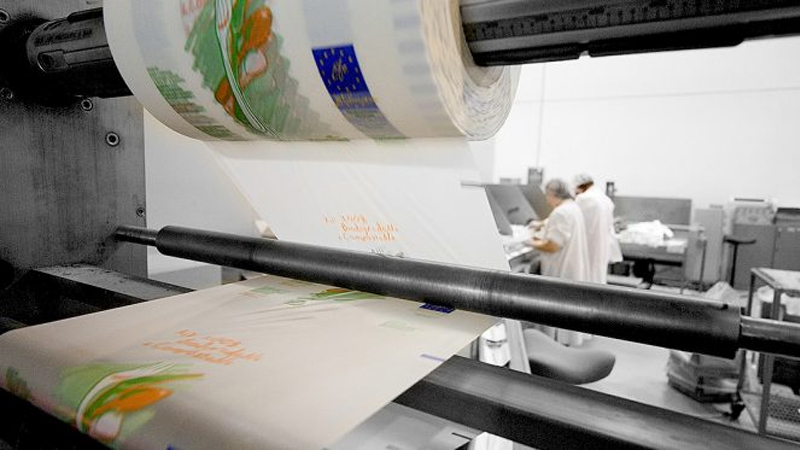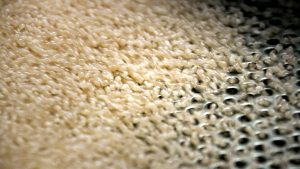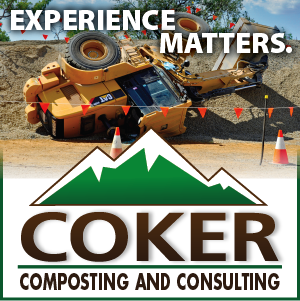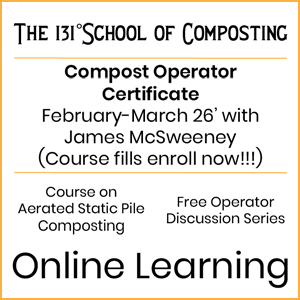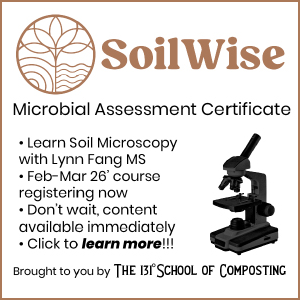The bioplastics company, which creates biochemicals and bioproducts, focuses on the integration of chemistry, agriculture and the environment. Novamont was founded in 1990 as Fertec, part of the Montedison group that comprised the largest European agro-industrial group and a multinational chemical company. Fertec was tasked with building a bridge between the worlds of agricultural raw materials and chemical technologies. In 1991, Fertec was incorporated as Novamont; in 1992, the company produced its first biodegradable bag made from Mater-Bi. After 30 years, Novamont now has more than 600 employees, posted sales of €238 million ($258 million) in 2018, and has a portfolio of around 1,800 patents and patent applications.
The company’s product development started with the “complexation” of starch and its effect on insoluble hydrophilic-hydrophobic polymers. For the first time, starch was combined with other polymers to make materials with mechanical properties and processability that are very similar to traditional plastics. This technology gave rise to the first-generation Mater-Bi. Next came the process to create biodegradable polyesters (Origo-Bi) from vegetable oils. This was the foundation for the second generation of Mater-Bi. The third and fourth generations involved creating plant-based monomers, the building blocks of the polyesters. Products made using these Mater-Bi compounds include fully compostable bags, coatings, mulch films, and biolubricants and greases with higher plant-based content. These new product families have smaller carbon footprints.
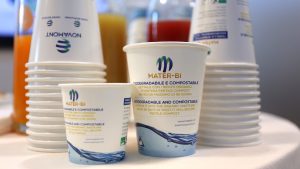 Novamont was an early adopter and advocate of bioeconomy models and today embraces three sustainable “pillars:”
Novamont was an early adopter and advocate of bioeconomy models and today embraces three sustainable “pillars:”
- Reindustrialization (reuse) of unprofitable or abandoned industrial plants. For example, it converted a PET production plant in central Italy to produce biodegradable biopolymers.
- Sourcing feedstocks (plant-based raw materials) from low impact marginal land and regional agricultural supply chains close to production facilities. Novamont includes and promotes use of compost to naturally restore soil fertility and supports food scrap collection programs around the globe.
- Conceiving and designing products to reduce end-of-life environmental impacts and preserve natural resources, soil and water.


